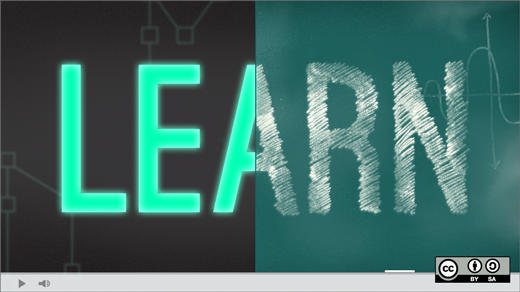For any agent of change, there’s no measurement of success so sure as the steady accumulation of vocal critics — and Sal Khan is finding all kinds of critics as he continues to press forward.
What’s most notable is that he’s finding many of his most vocal critics among professional educators who are eager to point out that he’s Doing It Wrong, and that their own methods are clearly superior.
They’re absolutely right, too — but they are right about points that no reasonable person disputes.
Of course a motivated, talented teacher with a strong pedagogical background, years of experience, and an excellent relationship with his or her students is going to provide a superior learning experience to a website on the internet.
But here’s the thing, Highly Effective Teacher: not every kid has access to the Wonder That Is You. Right? So what can we offer to those kids?
Something is always better than Nothing, and there are still way too many kids in this world (and adults, for that matter) who are closer to that Nothing side of the continuum. Khan Academy, and the projects that came before it like One Laptop Per Child and Sugar Labs, and the many projects that will surely come after, are all trying to solve that Nothing problem. Why are so many teachers threatened by that?
Working with ISKME and OER Commons over the past year has been eye-opening for me, in a lot of ways. Full of a-ha moments. One of the critical a-ha moments: doing reverse DNS lookups for server logs for OER Commons, and seeing how many of those hits come from India and Pakistan, where the Nothing problem is acute. And many of those users who search for open educational resources, and find them at our site, describe themselves in their online profiles as Learners.
Learners exist outside of the classroom. All over the world. And those learners are finding the internet, and searching it desperately for knowledge that can improve their lives. Sal Khan is trying to serve their needs, and near as I can tell, he’s doing a better job in his particular problem space than anyone before him ever has. Of course he’s not doing it exactly right. He’s making mistakes, just like every innovator does. That’s how it works.
So you mind your students, Highly Effective Teachers of the world, and let Sal mind his.
This article was originally posted on Digital Commoners.







10 Comments